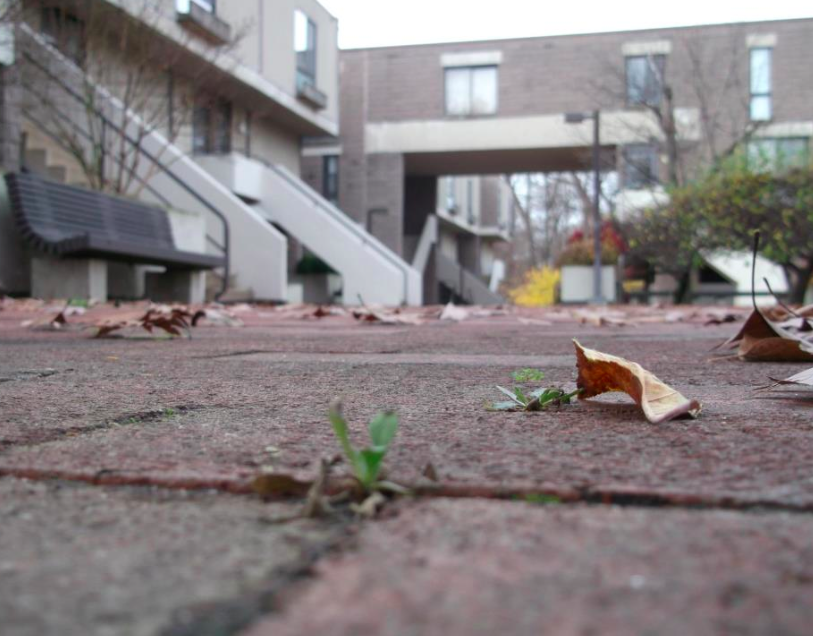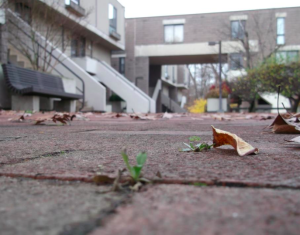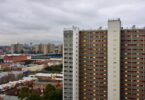Broadmeadows residents are unsurprised their suburb has been named the state’s most disadvantaged postcode, claiming they have received very little support and have been plagued by social issues for decades.
The Dropping off the Edge report, released today by Catholic advocacy groups Jesuit Social Services and Catholic Social Services Australia, studied 667 Victorian postcodes that were ranked by indicators of disadvantage, including income, education level, criminal convictions and long-term unemployment.
Broadmeadows, Corio, Doveton, Frankston and Maryborough are the state’s five most disadvantaged communities, according to the report written by Sydney University professor Tony Vinson and associate professor Margot Rawsthorne.
Dr David Nichols, a senior lecturer in urban planning who has lived in Broadmeadows for 10 years, says the state government has largely ignored the area.
“Nothing has really been done to help relieve the disadvantage,” he says. “Other suffering suburbs have received funding, such as Frankston, but Broadmeadows always seems to miss out.”
“There are ways they could make the place more liveable and functional … the local government just needs to think more creatively.”
Hume Council’s media advisor Nathan Zwar says while the council is working to address the social issues in Broadmeadows, it will take time and funding to see significant change.
“This particular report is nothing new, it’s something we’ve been very aware of for a long time,” he says.
“This council is doing a lot of work to improve social outcomes for people in this area and we’re trying to help people access educational programs and attain the skills they need to get a job.”
“It is a situation that can’t be turned around overnight. No one local council can eliminate decades of disadvantage. It needs the federal and state government to work together and invest in the local community.”
The findings revealed nearly half of the state’s 40 most disadvantaged suburbs in 2015 had the same ranking in a 2007 study, showing little has been done to help these impoverished postcodes.
“The report shows us very clearly that disadvantage is quite concentrated and entrenched in specific communities,” Jesuit Social Services general manager Andrew Hugh says.
“This tells us that what the government’s doing for these communities isn’t enough to turn around the social issues occurring in these areas.”
Mr Hugh says it is community involvement, as well as funding for social services, that will help reduce the severe social issues facing these areas.
“This report is an indication that we need to create a new way of working with these communities.”
“We need to coordinate government services and also get the communities to drive a lot of the action, because if we don’t get them targeting the issues then we can’t achieve long-term change.”







